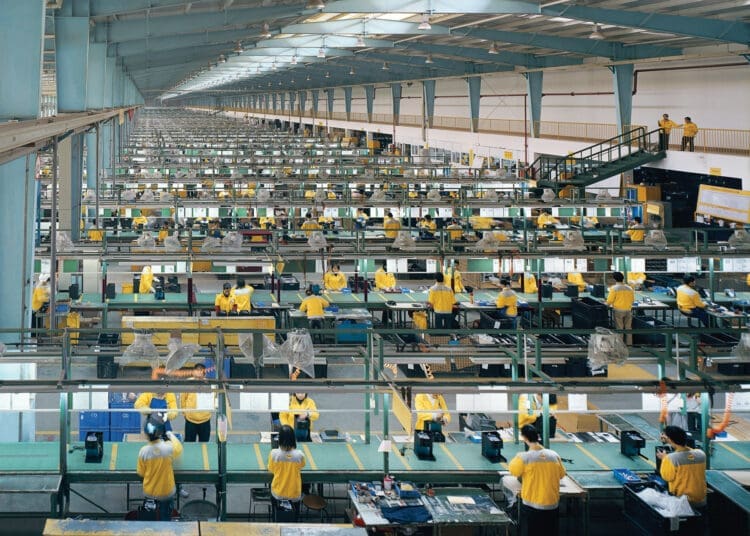A recent revelation that 80% of the world’s luxury brands are manufactured in China is turning heads and challenging outdated beliefs about product quality and origin.
For South African resellers like Durban-based entrepreneur Yolanda Faku, it is not just surprising, but it is a powerful tool for reshaping consumer trust and driving business growth.
Faku is the founder of Lee Beauty Paradise, an online fashion boutique that delivers quality hair, clothing, shoes, bags, and accessories to customers across South Africa. With affordability and convenience at the heart of her offering, she believes this shift in global awareness could help local entrepreneurs rewrite the narrative around Chinese-manufactured goods.
“Many people are surprised to learn that the same factories producing high-end brands also manufacture more affordable versions,” Faku said. “Revealing this fact can definitely help reduce the stigma, especially when customers realise that quality is not always tied to a brand name or high price tag.”
She is not alone in that sentiment. Chinese factory leaders have long called for a better understanding of what Made in China truly means today.
Xiao Wei, Executive Director of the Veshin Factory which manufactures luxury leather goods for clients in Europe, America, and Australia noted the disconnect between quality and perception.
“I agree that in the past, Chinese manufacturing was not very good, but today it is changing, and it is very different,” Wei said.
“The government is now very strict about social compliance and holds manufacturers highly accountable. Unfortunately, the perception remains negative because of outdated stories and the presence of cheap mass-market products,” Wei said.
This changing narrative is already having ripple effects in South Africa. Faku said she’s noticed that consumers are becoming more informed, and they are starting to prioritise quality and transparency over flashy brand names.
“Consumers today are more open to trying new brands, especially when affordability and quality are both present,” she said. “As a business that carefully selects products to meet those standards, I believe we will continue to gain the trust of more South Africans.”
She plans to actively use this manufacturing revelation as part of her marketing strategy, especially through social media and customer education.
“Transparency builds trust, so I will be highlighting that many of our items are made in the same factories as luxury brands. I want customers to know that they don’t have to break the bank to look and feel luxurious,” Faku said.
Industry icon Jack Ma, founder of Alibaba, once echoed this exact sentiment, stating: “They are made in exactly the same factories, with exactly the same raw materials as authentic goods.”
Adding to this discourse, a viral TikTok video by user @senbags2, which garnered over 10 million views, features a Chinese factory representative stating: “They take almost finished bags from China factories and just do the repackaging and logo installing.”
For Faku, this opens the door to engaging new market segments, including young professionals and brand-conscious shoppers who are seeking stylish options at accessible prices.
“This shift gives resellers like me a real chance to tap into new audiences while also strengthening loyalty with our current customers.”
She is already preparing for an uptick in customer curiosity. “I expect people to ask more questions about product quality and origin, and I am ready to meet that with clear and honest information through blog-style posts.
Ultimately, Faku believes this global spotlight on Chinese luxury manufacturing is an opportunity for small businesses to thrive.
“It is about building confidence. If people understand where their products really come from, they are more likely to support businesses like mine that bring those goods closer to home, at a price they can afford.”
nosihle@vutivinews.co.za
































































